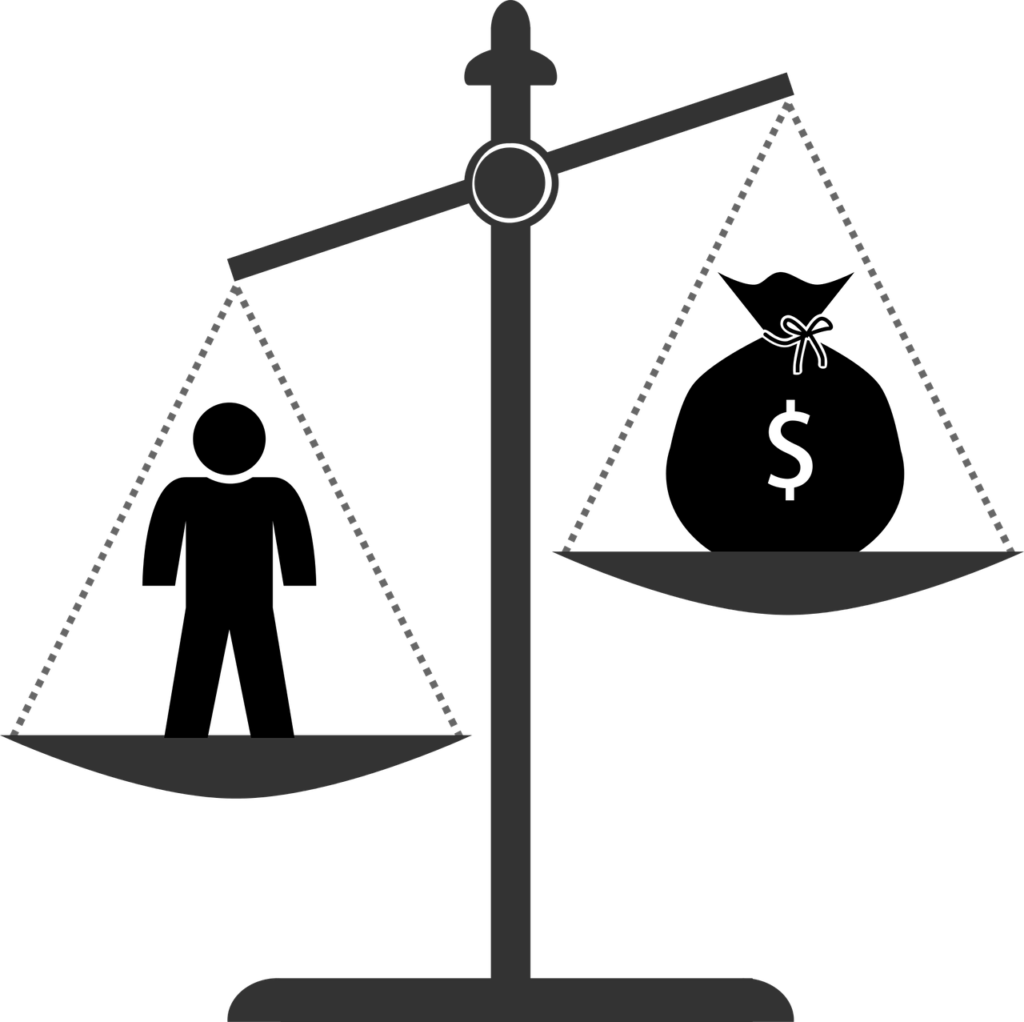
Get to know staff before training them.
“If training and people are a cost—you’ll get to the wrong place.” These were Greg Basham’s opening words in a HR conference which examined the challenges faced by companies within a Chinese culture. Basham, CEO of eeVoices highlighted the importance of staff learning and development within such organisations to allow talent to learn and grow using traditional values while still being able to think imaginatively. In today’s workplace it is essential that HR shift ingrained culture, attitudes and perceptions and attempt to move the whole organisation over to one that is based on learning, growing and renewing itself.
Peter Senge’s Fifth Discipline describes a learning organisation as one where people are continually rediscovering and focuses on five areas:
Systems thinking
—understanding the change process
Personal mastery
—giving people the skills
Mental models
Building a shared vision
Team learning
However, the function of HR in the modern workplace is not just to try and push corporate values onto staff, but rather to first take a step back and look at what each individual staff member is about. Find out what makes them tick, what drives them and what learning methods best suit them. Steven Covey’s The Seven Habits of Highly Effective People also highlights the importance of this mentality—so important to HR leaders. In the book Covey advises, “Seek first to understand, then to be understood. If your company sets up a ‘habits steering committee’ this will create productive and happy workers, however, if you don’t do it yourself, stakeholders will do it for you.”
Basham strongly believes in the strength of storytelling to build a company. If the story is true and trusted it will carry you to the next level, however you must define where you are going and your steps to get there and communicate this to your employees. When people feel a lack of control, they try to fill in the blanks by looking at patterns and this is where conspiracy theories set in. You either create the story or become a victim of it. He also notes that often companies do not know their talent. Surprisingly, only 16% of CEO’s asked in a McKinsey & Co. survey knew who their top performers were and an even smaller percentage knew their development plans for top performers.
Change of attitude
Dr Joe Leung, Founder, Organisational Learning Consultancy Ltd, has also stressed the importance of HR’s role building a strategic learning organisation. Keen to overthrow the perception that Chinese companies are hard on employees and do not provide learning environments, Leung believes plenty of organsations both local and international have made great inroads in staff learning and development programmes over the past decade. To be successful HR must ensure that L&D strategies are broad visions so that they can be adapted to a changing environment and expand to create a future. HR should also avoid making things too complicated and ensure they stop and think for themselves, as objectively as possible, before making any strategic decisions relating to L&D. It is human nature to show some resistance to change, but change is essential to creating new learning experiences for staff. On this, Leung stresses the importance of HR leaders in fostering collaboration within their workplace to raise awareness of change and its benefits and provide staff with the courage to embrace and capitalise upon such change.
Leung calls for an integrated educational strategy intended to change the beliefs, attitudes, values and structure of organisations so they can better adapt to external challenges. Likewise, companies must sustain such practices from generation to generation. According to Leung, “The difference between success and failure is flexibility, drive and targets.” In order to move forward, staff must be encouraged to learn from their mistakes. Learning is difficult when sharing and communication are not a part of organisational culture within and outside of the company. We should all learn from others’ mistakes, however, Leung admitted that this is not easy because media often displays mistakes as signs of weakness and criteria by which companies should be judged—this hurts management.
HR should encourage staff to put themselves in situations where they can make interesting mistakes, but should also foster an environment where they have the self-confidence to admit to them and then all staff can learn from them. Mistakes are not the problem—it is how you react to them. HR must encourage all staff to accept ownership of their mistakes and, rather than hiding them away, embrace them, share them with others and use them to help make different decisions on future work projects.
Evolution of learning
Dr John Mok, Chairman, Automatic Mfy Ltd has experienced building a learning organisation from inside out. He stresses the need for companies to fully commit to the deployment and evolution of learning, removing barriers within the organisation and sharing this vision with all staff. He advises HR to modify what they learn themselves and use this for the good of the company as a whole. Key success factors in helping HR turn individual learning into team learning and cross-departmental sharing rest on effective coaching of staff and modifying versions for planning, reporting and benchmarking. Mok advised HR to take several steps in order to speed up organisational learning through coaching as follows:
Find an opportunity for development
Conceive the “pseudo-solution”
Demonstrate to user to provoke customisation
Analyse and justify the return on development
Develop and coach the customised template
Monitor and support users during the initial deployment
After deployment has commenced, audit and benchmark
Other key factors in effective learning are encouraging staff to innovate, be open, use a global—not local—mindset, and above all have confidence in their own ability and drive. HR should select team members who either have skills specific to their roles, or who have a range of skills—and in both cases encourage the sharing of ideas inside the team and outside it. Good HR managers will steer organisational culture by sharing ideas, encouraging innovation, providing goal clarity, support, openness and clear leadership.





